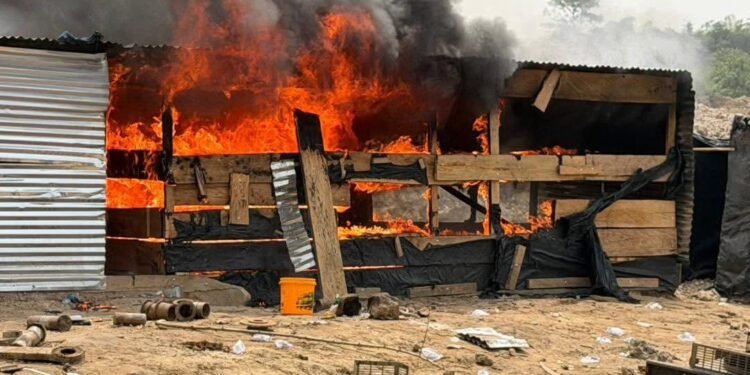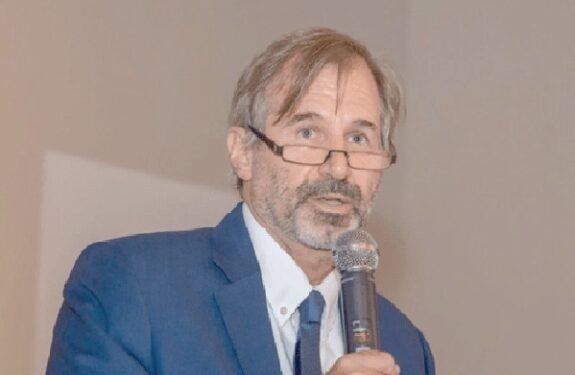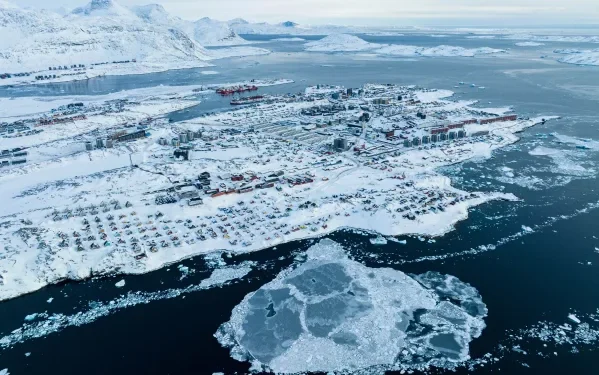Ghana’s Minister of Defence, Dr. Edward Omane Boamah, has issued a clarion call to Africa’s youth, policymakers, and international partners to reimagine the continent’s role in the evolving global security and development landscape.
Speaking at the prestigious Futures Forum at the London School of Economics (LSE), Dr. Boamah’s keynote address blended realism and optimism, challenging the continent to move from passive recipient to active architect of its own future.
Dr. Boamah, addressing an audience of academics, policymakers, young innovators, and global development partners, declared that Africa stands not at a precipice of crisis, but at a pivotal crossroads of possibility.
“In a world where global security is being reimagined, Africa must not sit on the sidelines—we must shape the future we deserve”.
Ghana’s Minister of Defence, Dr. Edward Omane Boamah
His message was centred on urging African countries to regain control and expedite the implementation of existing tools, primarily the African Continental Free Trade Agreement (AfCFTA). “This is more than a legal text, it is a blueprint for shared prosperity, for jobs, and for homegrown innovation,” he said.
His appeal was not just for ratification on paper but for coordinated, bold action to actualise the aspirations of the agreement and unlock the transformative potential it promises for intra-African trade and industrial development.
Africa’s Transition with Ghana’s Example
Dr. Boamah painted a powerful vision of an Africa in transition—from one marked by instability and insecurity to one characterised by opportunity, innovation, and empowerment.
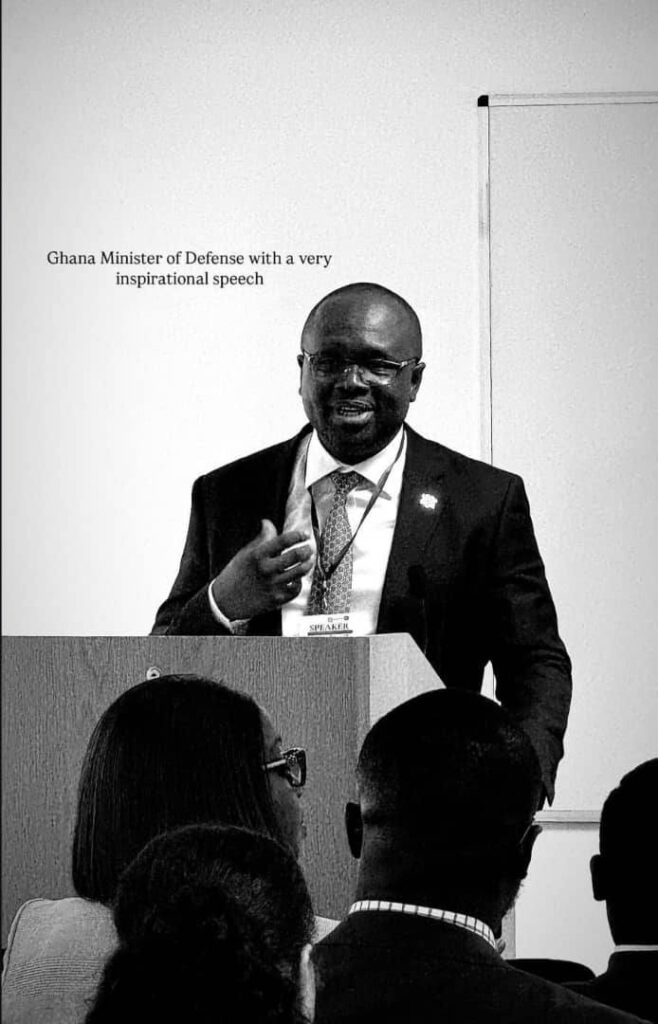
He imagined a future where African youth no longer flee war-torn neighborhoods but enter classrooms without fear, equipped to dream, lead, and innovate.
This, he argued, should not be a distant dream but a shared goal, underpinned by investment in education, technology, and inclusive economic growth.
He pointed to Ghana’s efforts under the leadership of President John Dramani Mahama as a case study in transformative vision.
Through a government initiative spearheaded by its Communications, Digital Innovation and Technology Minister, Hon. Samuel Nartey George—an LSE alumnus, Dr Boamah noted that Ghana is investing in the future of its youth via the One Million Coders’ Programme.
The initiative aims to empower young Ghanaians with critical technological skills that will position them competitively in the global digital economy.
The programme, Dr. Boamah noted, goes beyond mere computer literacy as it is structured to deliver robust training in: Data protection, Cybersecurity, Artificial Intelligence (AI) engineering, and Software engineering across multiple programming languages.
“This is not just a programme, it is a launchpad for the new African workforce—technologically literate, globally relevant, and locally grounded.”
Minister of Defence, Dr. Edward Omane Boamah
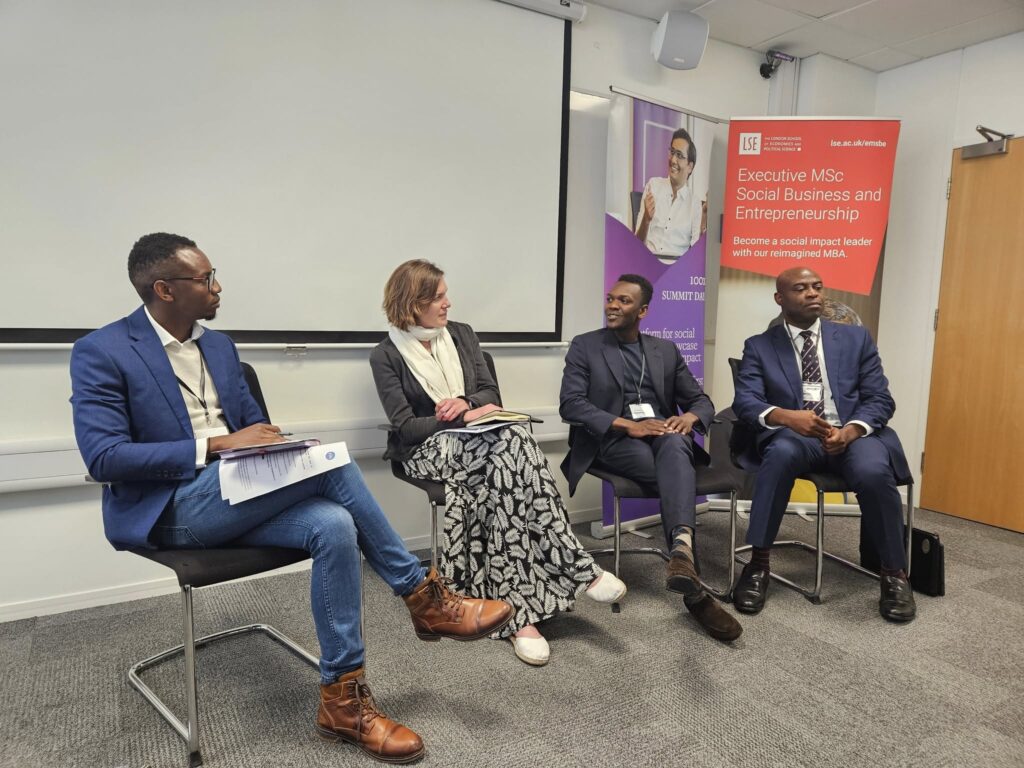
Africa at a Crossroad
In a world increasingly shaped by digital transformation and artificial intelligence, Dr. Boamah argued, Africa cannot afford to lag. According to him, local tech hubs and AI innovation centres must become “not the exception, but the engines of national growth.”
For this to materialise, Dr Boamah charged African countries to align national budgets with the real needs of their people, prioritising education, healthcare, and public services as strategic investments rather than recurrent expenditures.
Dr. Boamah linked human development directly to national and regional peace, suggesting that in an age of climate volatility and asymmetric threats such as terrorism, peacebuilding must be rooted in justice, inclusive institutions, and community-based security models.
Citing the Sustainable Development Goal (SDG) 16—focused on peace, justice, and strong institutions—he urged African governments to embrace it not as a rhetorical device but as the “fertile soil in which innovation and leadership can truly grow.”
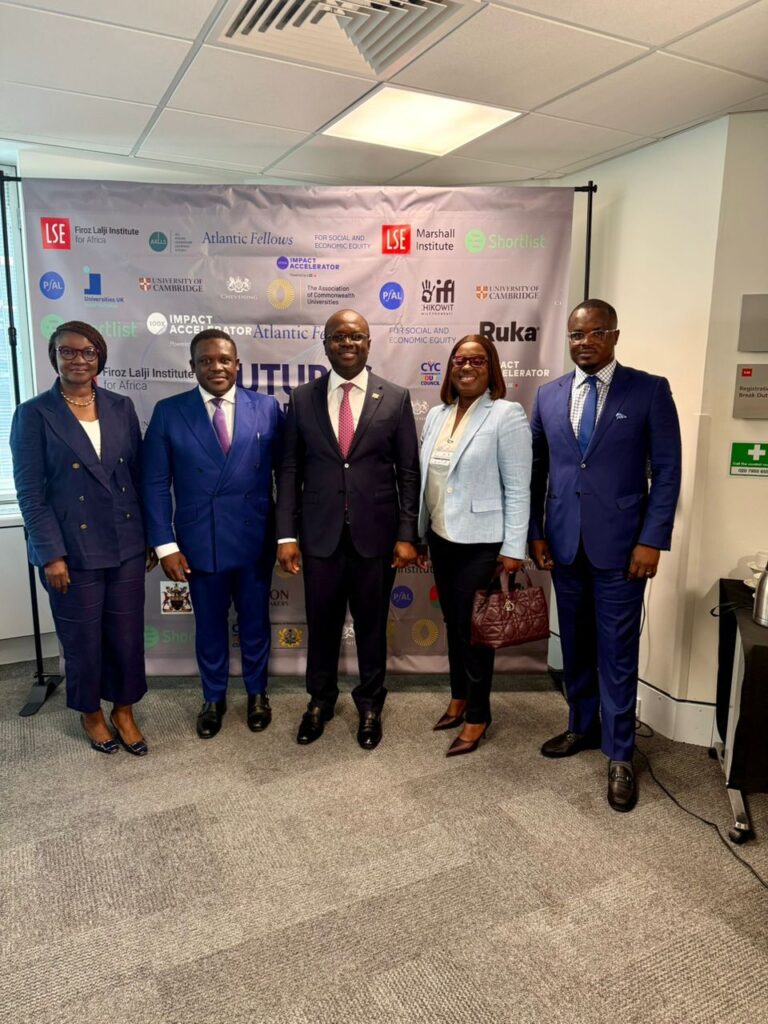
Equally pointed was his call to Africa’s development partners, urging them to go beyond transactional relationships and embrace a model of long-term, structural collaboration.
“We do not need temporary fixes. We need partners committed to deep, systemic transformation.”
Ghana’s Minister of Defence, Dr. Edward Omane Boamah
Dr. Boamah underscored the necessity of unity, vision, and collaboration among African nations, noting that internal divisions and externally imposed fault lines have historically undermined the continent’s progress. “Let peace, vision, and solidarity be the forces that unite us. Africa must unite. Africa will unite, ” Dr Boamah urged.
In conclusion, Dr. Boamah summoned Africans everywhere—at home and abroad—to roll up their sleeves and build the Africa of their dreams. “Africa, let’s get to work,” he said with conviction. “Come home, let us build the Africa We Want!”
READ ALSO: John Mahama: Trump’s Unfounded Attack on Cyril Ramaphosa was an Insult to all Africans










